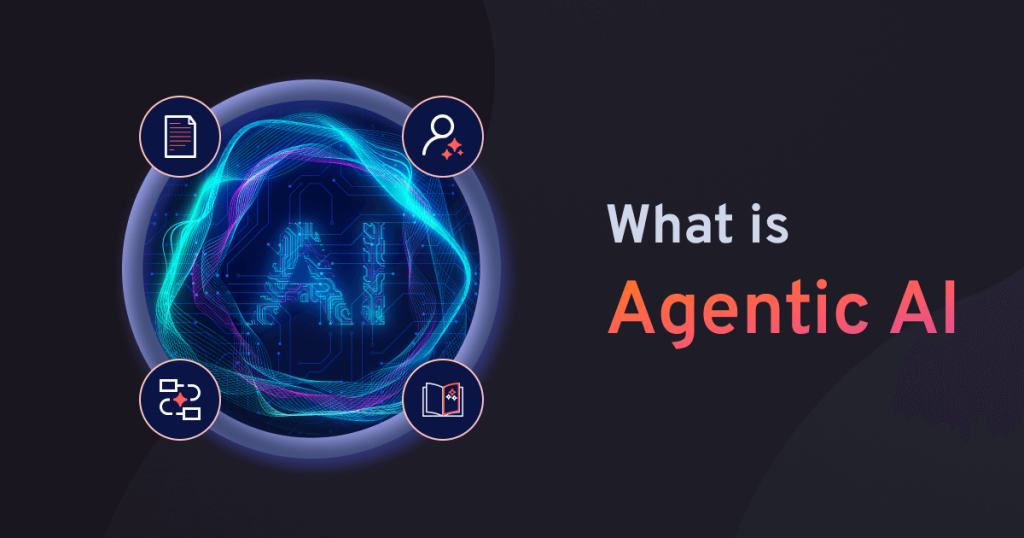
The Rise of Agentic AI: What It Means for Humans and Work
Introduction
The AI revolution is entering a new phase — one where machines are not just tools, but autonomous agents. Agentic AI systems use advanced reasoning and planning to pursue goals and take action with minimal human direction. As NVIDIA describes it, “Agentic AI uses sophisticated reasoning and iterative planning to autonomously solve complex, multi-step problems.” In practical terms, these agents can perceive their environment, set objectives, and carry out tasks without constant supervision.
This article explores how agentic AI is transforming the nature of work and reshaping human agency in the modern economy.
What Is Agentic AI?
Definition & Origin
Agentic AI refers to AI systems that behave like independent agents — they act on goals, learn from experience, and make decisions autonomously. The term “agentic” was originally coined by psychologist Albert Bandura to describe humans’ capacity to act intentionally and influence their environment. In the realm of artificial intelligence, agentic systems exhibit autonomy and goal-directed behavior.
For example, an agentic virtual assistant doesn’t just respond to commands; it proactively decides on actions—like booking appointments or initiating customer service resolutions—that align with user objectives.
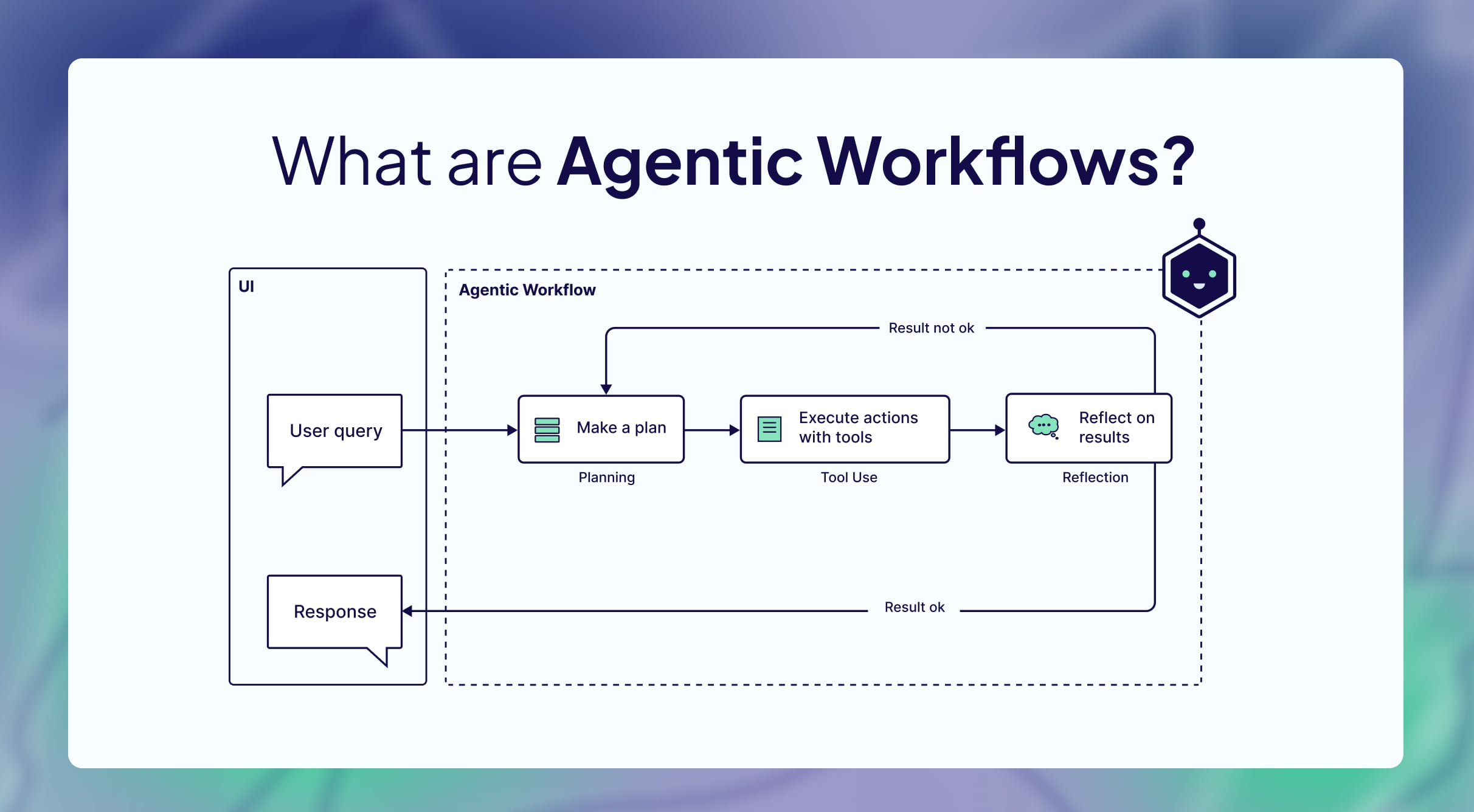
How It Differs from Traditional AI
Traditional AI (often predictive or rule-based) provides outputs in response to inputs — it’s reactive. Agentic AI, however, is proactive. It plans, initiates, and executes tasks on its own to meet specified goals. Unlike a passive chatbot, an agentic system can formulate a multi-step strategy to reach a desired outcome.
Agentic AI integrates decision-making capabilities with large language models (LLMs), enabling it to adapt to dynamic situations and operate with increased independence.
Examples of Agentic AI Systems
- AutoGPT: A self-prompting AI that autonomously generates and executes instructions to complete a defined goal.
- Autonomous robots: Such as delivery drones and warehouse bots that navigate, react, and adapt in real time.
- Decision-making bots: AI systems used in customer service or finance that can execute workflows without human prompts.
Platforms like Salesforce’s Agentforce are already deploying such agents to perform complex tasks like order tracking, scheduling, and automated resolution of support tickets.
Why Agentic AI Is Rising Now

Technological Enablers
Several innovations are driving the rise of agentic AI:
- Advanced LLMs (e.g., GPT-4) with improved reasoning and contextual understanding.
- Memory architectures that retain long-term context.
- Reinforcement learning techniques that improve decision-making over time.
- Integration with APIs, allowing agents to execute tasks in real-world environments.
Together, these capabilities allow AI systems to perceive, reason, act, and learn — the pillars of agentic behavior.
Market Demands and Business Efficiency
Businesses are under increasing pressure to enhance productivity and mitigate labor shortages. Agentic AI introduces a new labor model: autonomous, tireless digital workers. These agents can handle routine queries, adjust to real-time operational data, and offload repetitive tasks—freeing human workers for more strategic roles.
Recent Breakthroughs and Use Cases
Since the launch of ChatGPT, agentic AI has rapidly progressed from concept to application:
- Customer service: AI agents now proactively manage logistics updates and refunds.
- Procurement: Tools like Zip use AI to independently optimize purchasing processes.
- Enterprise automation: Startups and big tech firms alike are deploying AI agents across HR, IT, and software development functions.
The Impact on Human Work
Jobs at Risk vs. Jobs Reinvented
Routine and repetitive jobs are most at risk of automation, particularly those involving structured data and predictable workflows. However, many roles will be reinvented, focusing more on decision-making, creativity, and collaboration with AI.
Shift in Skillsets
Human workers must transition from execution-focused tasks to more strategic roles. Skills such as critical thinking, digital literacy, and AI supervision are becoming essential. Upskilling and reskilling will be a priority across industries.
Redefining Human-AI Collaboration
Agentic AI works as a co-agent, not a replacement. For instance:
- AI handles standard customer inquiries.
- Humans step in for complex or emotional cases.
- Feedback loops between AI agents and employees improve performance over time.
New Job Roles
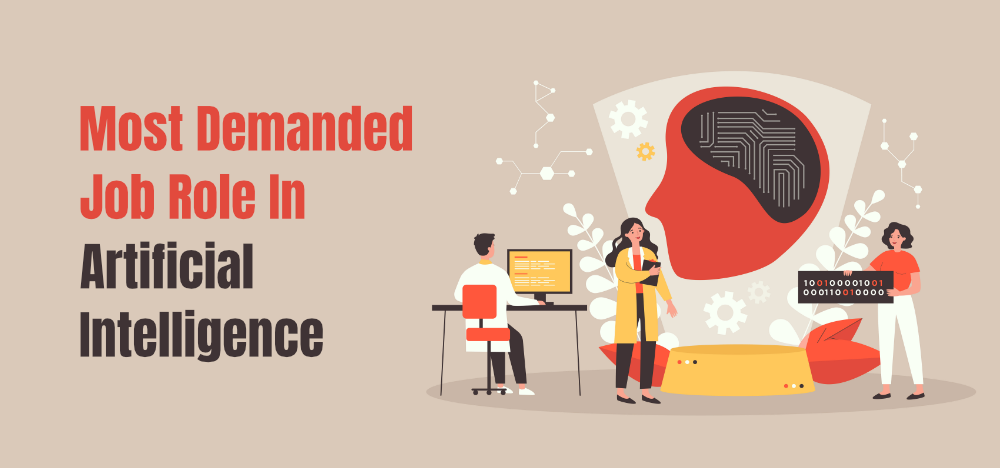
Emerging roles include:
- AI Interaction Designers
- Agent Supervisors
- Ethical AI Architects
- AI Integration Strategists
Companies are already hiring for roles that didn’t exist just a year ago, signaling a significant workplace transformation.
Ethical and Social Implications
Autonomy and Accountability
When AI agents make decisions, who is accountable? Current legal frameworks are often ill-equipped to answer this. Businesses must implement transparency, monitoring, and audit trails to track agent decisions and assign responsibility.
Bias and Human Oversight
Agentic AI systems learn from historical data, which may include societal biases. Without careful oversight, they can perpetuate or amplify unfair patterns. Ongoing audits, explainable AI methods, and inclusive design are crucial.
The Risk of Depersonalization
A hyper-automated environment risks losing the human touch—particularly in roles requiring empathy. Automation should augment, not eliminate, human interaction to maintain trust and emotional intelligence in the workplace.
How Businesses Should Prepare
Upskilling and Reskilling Programs
Organizations must train employees to:
- Supervise AI agents
- Design AI-augmented workflows
- Interpret AI decisions
Initiatives like Salesforce’s Career Connect show how companies can reskill staff for AI-native roles.
Integrating Agentic AI into Operations
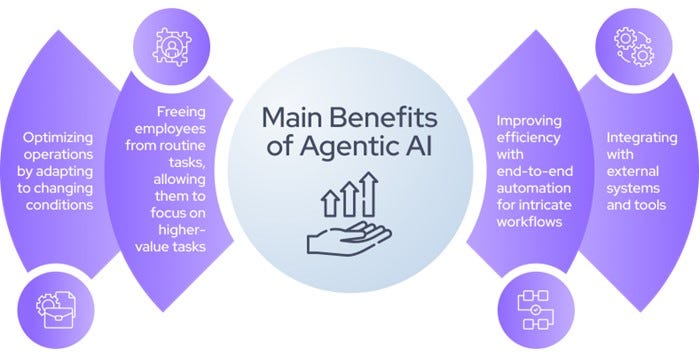
Start small:
- Automate structured processes (e.g., IT support or HR inquiries)
- Use human-in-the-loop systems for oversight
- Set thresholds for agent autonomy
This gradual rollout enables smoother transitions and broader acceptance.
Building Governance Frameworks
Strong AI governance should include:
- Risk classification of agents
- Audit trails for decisions
- Human approval for high-impact actions
Companies must ensure agent deployment aligns with ethical, legal, and operational standards.
Real-World Case Studies
- Salesforce Agentforce: Resolving 32,000 weekly internal support tickets autonomously.
- Zip AI: Streamlining enterprise procurement workflows.
- Moveworks: Automating helpdesk support with AI agents.
These examples show how businesses are actively deploying agentic AI for meaningful results.
The Future: Humans and Agentic AI
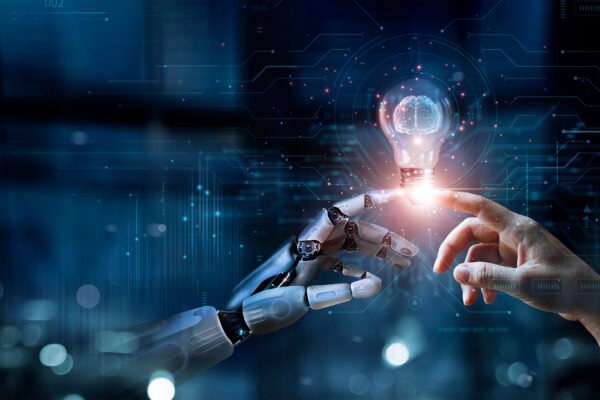
Will Humans Be Augmented or Replaced?
In most scenarios, humans will be augmented. Agentic AI will automate routine execution, while humans focus on creative and high-stakes decisions.
Evolving Work Philosophies
Work will shift from labor-based identity to value-based impact. Success may be defined less by hours worked and more by the ability to collaborate with AI systems.
Possible Regulatory Pathways
Governments are moving to regulate agentic AI. The EU’s AI Act, for example, proposes treating goal-oriented autonomous systems as high-risk, requiring oversight and human involvement. Similar proposals are in development in the UK and US.
Conclusion
Agentic AI is ushering in a new era of autonomy and efficiency. It differs from traditional AI by acting independently to achieve complex goals. This shift is powered by LLMs, real-time data access, and business demand for productivity.
Key takeaways:
- Routine jobs are being automated, while new, high-skill roles are emerging.
- Human-AI collaboration is the new normal.
- Ethical design and oversight are essential.
- Businesses must act now to prepare their workforce and governance systems.
Call to Action:
For individuals: Stay curious. Build adaptive, AI-ready skills.
For companies: Begin preparing today for collaborative, agent-powered ecosystems.Learn how you can build your future with AI: AI Internship for Beginners 2025
Stay connected with us on HERE AND NOW AI & on

